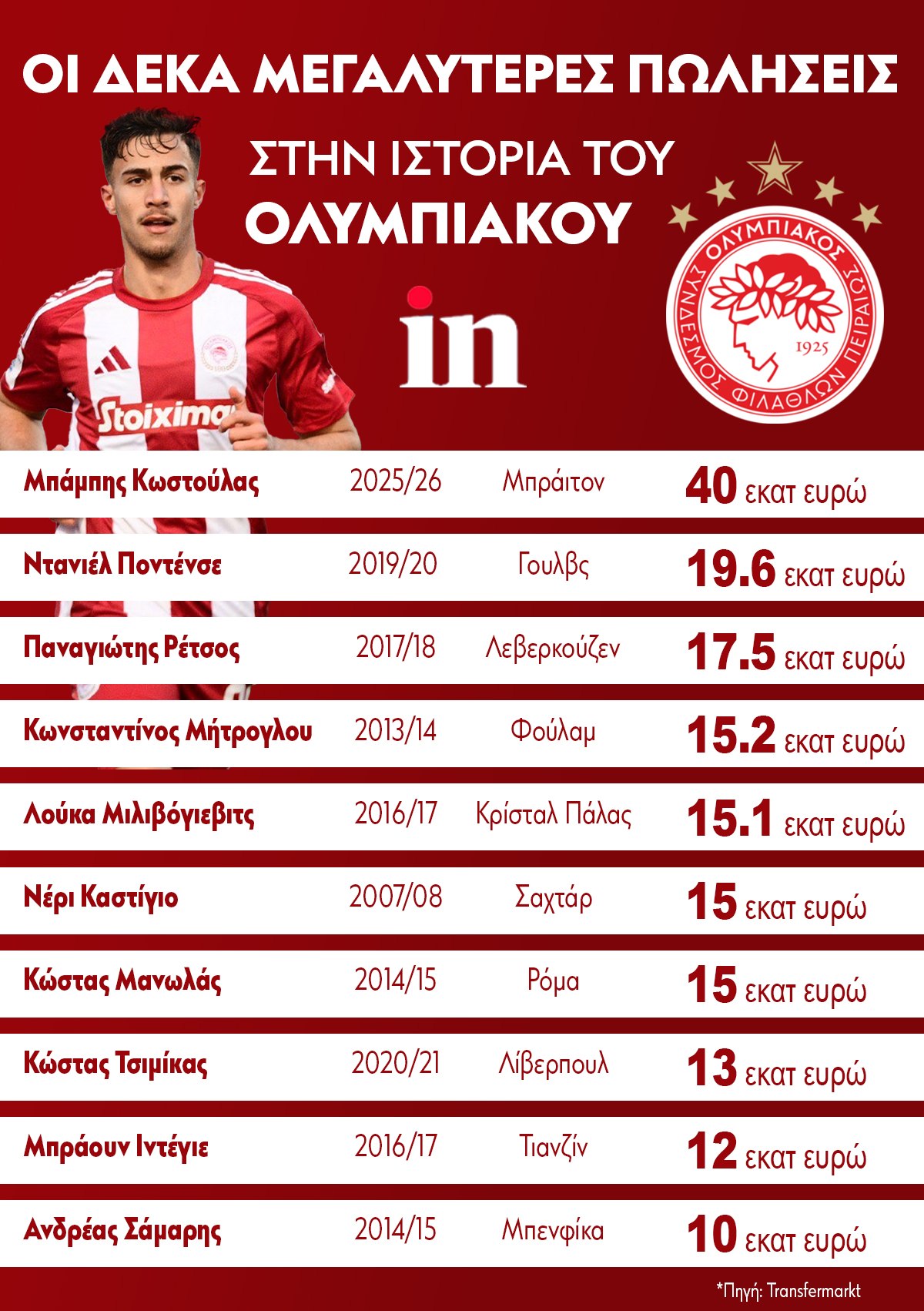Community funds. Salvation board or responsible for the delay in Portugal?

When he signed the European Union’s adhesion treaty, Portugal had recently left a financial emergency situation. Two years earlier he had attended the second intervention of the International Monetary Fund (IMF) in our country. But in 1985 there is a turning point: “The discipline of public finances was restored and the transition to a monetary and currency policy managed by the Central Bank through indirect control instruments was made, also creating an effective public debt market. A profound fiscal reform that modernized and rationalized the Portuguese fiscal system was approved in an opinion article published in the opinion published in Sunrise.
According to the former Minister of Economics of Durão Barroso, he was marked by « a much-reach change to the Portuguese economy, in which the government consistently used all the policy instruments in which it had and achieved a robust growth, along with significant inflation reductions and the weight of the state in the economy. »
He added: “The climate of financial stability has enabled the first group of single currency countries. This was a new and great change in economic regime, just over a decade after the previous one that was actually still in consolidation. The new economic and financial regime, in which economic policy was deprived of instruments that had been fundamental – monetary and currency policy and the discretion of budget policy – required that policies that that policies that that policies that that policies that They remained in the national sphere – microeconomic, fiscal and income – were used intensively and coherently with each other and with European policies. This included the need for a persistent reform process that would guarantee, at each moment, the conditions of productivity and competitiveness of the Portuguese economy. ”
Funds: Salvation or delay?
It is true that Portugal with the entry to the European Union has benefited from high funding amounts, which allowed thousands of related projects, for example, with the development of road, rail, port, modernization of the civil service, among many other bets.
And the numbers speak for themselves. Between 1986 and 2023, Portugal received more than 130 billion euros, and has always been a net beneficiary, that is, always received more from European funds than the amount with which he contributed to the European Union budget.
But if, for many, European funds have contributed to the country’s economic and social development, the permanence of inequalities leads others to question whether they have been properly administered. To add to this also have the issues of transparency and liability in their use that are always associated with those who spend these funds.
To the IJoão Duque recalls that « the funds have a goal of restructuring and rebalanced the dynamics within the European Union, » says that, although the European Union wants to be a common space, « it is not really a common space in terms of political decision, in terms of economic decision and, thus, the funds act as an attempt to rebalance these dynamics. »
The economist does not hesitate: “The structural funds for me are not evil. I see this as a necessity. I do not deliver them. They were essential to support infrastructural development that then allowed business to settle in and naturally evolve. I do not buy this thesis that structural funds are negative. for tourism ”.
He adds: « We did not only benefit from the infrastructures associated with the highlighted. Cities, the villages, the public administration, namely municipal municipalities, had access to funds. Anyone who goes to a small town, to a village of Portugal sees that things are arranged, clean and much of this is a contribution of an investment, which allowed our funds to be channeled to other areas. »
Still, it admits that its use, at certain times, could have been different. “The funds could be perhaps more channeled to other areas. But we were very needy and this infrastructure dynamics then allowed it with some reforms, for example, that the private initiative went a lot to the real estate. And Portugal is only attractive if it has infrastructure conditions, because if there are no roads, if there are no airports want to see here. They were very important to be able to develop economic activity, ”says our newspaper.
Different opinion has Nuno Palma, author of the book The causes of Portuguese delay Which says European funds are like the gold that came from Brazil and only contribute to the country’s backwardness. In an interview with Sunrise_They has explained his argument: “European funds distort the economy and the political process. In Portugal they have particularly negative effects, compared to some other countries. First because Portugal was the country that most received from these funds regarding the size of their economy. Second, because in Portugal they arrived in a context of weak institutions, particularly low human capital (by contrast to what happened from the beginning of the 21st century in the east) By the atmosphere of the post 25 April, which made Portugal in a country more on the left and more statist than its European counterparts. This cultural explanation does not have a deep historical root, but is simply the result of the history of the second half of the twentieth century, and in particular the sociocultural environment that the transition to democracy caused, even being a true revolution (unlike in Spain). so that an efficient application of European funds is possible.
Already when asked if Europe should rethink the distribution of funds, the economist points out that in the book he considers some scenarios, including this. “European funds infantilize the country. Portugal is a 40 -year adult receivable from Mother Europa. Ending the funds would have great benefits to the population, but especially on time, while the costs would be concentrated on those who benefit from them today. Therefore, the latter have a lot of noise to keep everything as it is. Largest parties agree to reject more European funds. Unfortunately, this does not seem likely. They are so weak, and do not reform. ”
Largest fund ever
Portugal is currently applying the largest fund ever you received. He was presented as a ‘bazaca’ by António Costa who was, at the time, of the government and, in the view, of João Duque the Plan of Recovery and Resilience (PRR) « is important and should not be wasted », although recognizing could have been applied to another type of activities. « It was very channeled, once again, for public works when it could have been applied more to companies and more selective investment. I can criticize some excess in certain areas, but maybe it would not have given António Costa the absolute majority. Who has money in hand begins to distribute, instead of making use of money for what it should be, but this is another story to move, now it’s time to execute. »
Admittedly, these delays have already led the European Commission to ask Portugal to accelerate the execution of the Recovery and Resilience Plan (PRR). The community executive recalls that the country has already received 51.3% of its financial envelope, at a time when less than a year and a half to the deadline. Otherwise, according to European Commissioner Valdis Dombrovskis, Portugal risks losing the funds not yet performed.
According to data from the National Follow -up Commission (CNA), 33%of European Bazaca measures are critical (20%) or worrying (13%), especially the areas of housing, health and business digitization. The qualitative evaluation of the body led by Pedro Dominguinhos adds that 35% of the 119 investments or measures analyzed by CNA need follow -up.
In all, the ‘Bazuca’ has a value of 22.2 billion euros, with 16.3 billion euros in subsidies and 5.9 billion euros in loans from the recovery and resilience mechanism, which concern 376 investments and 87 renovations.








